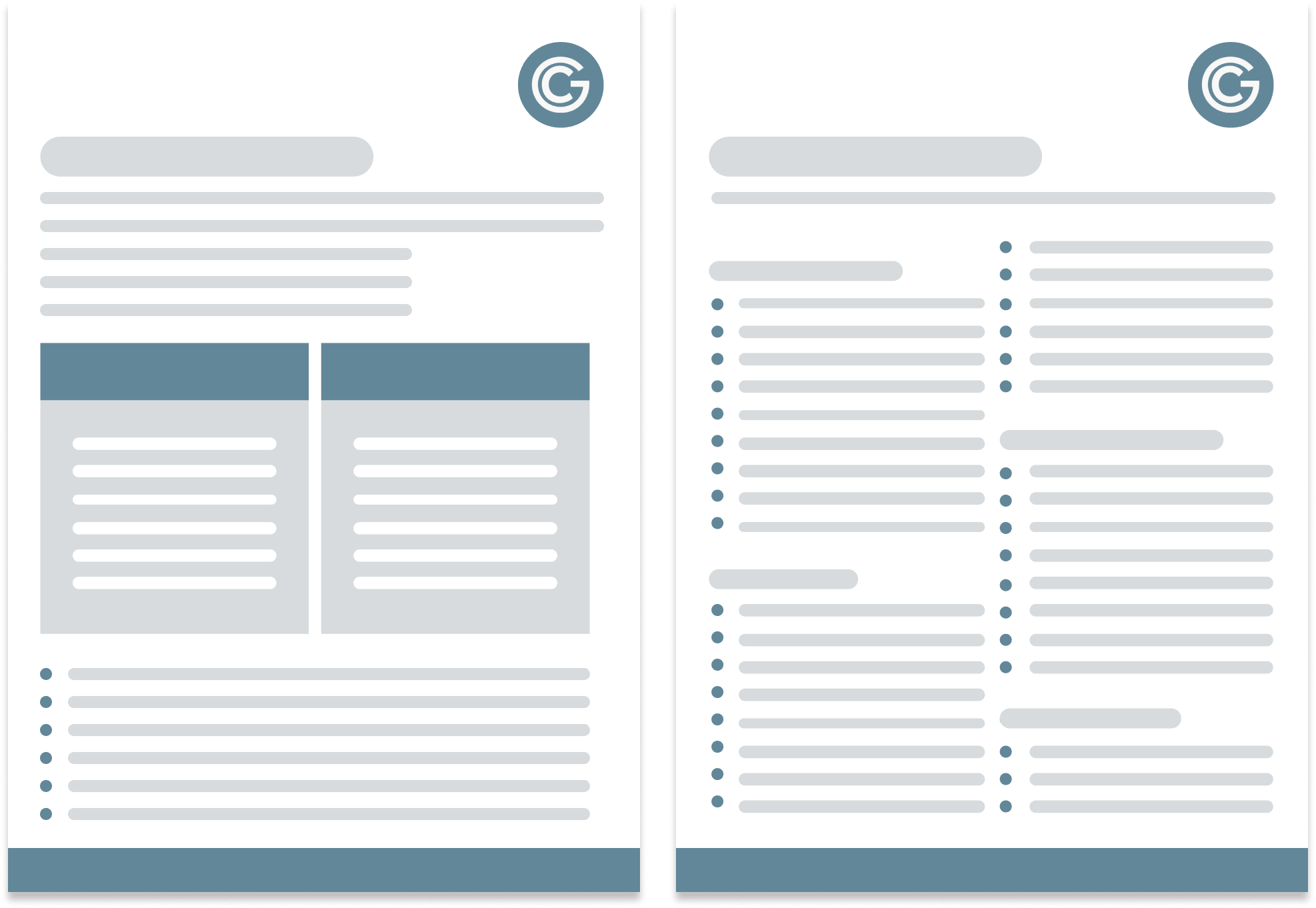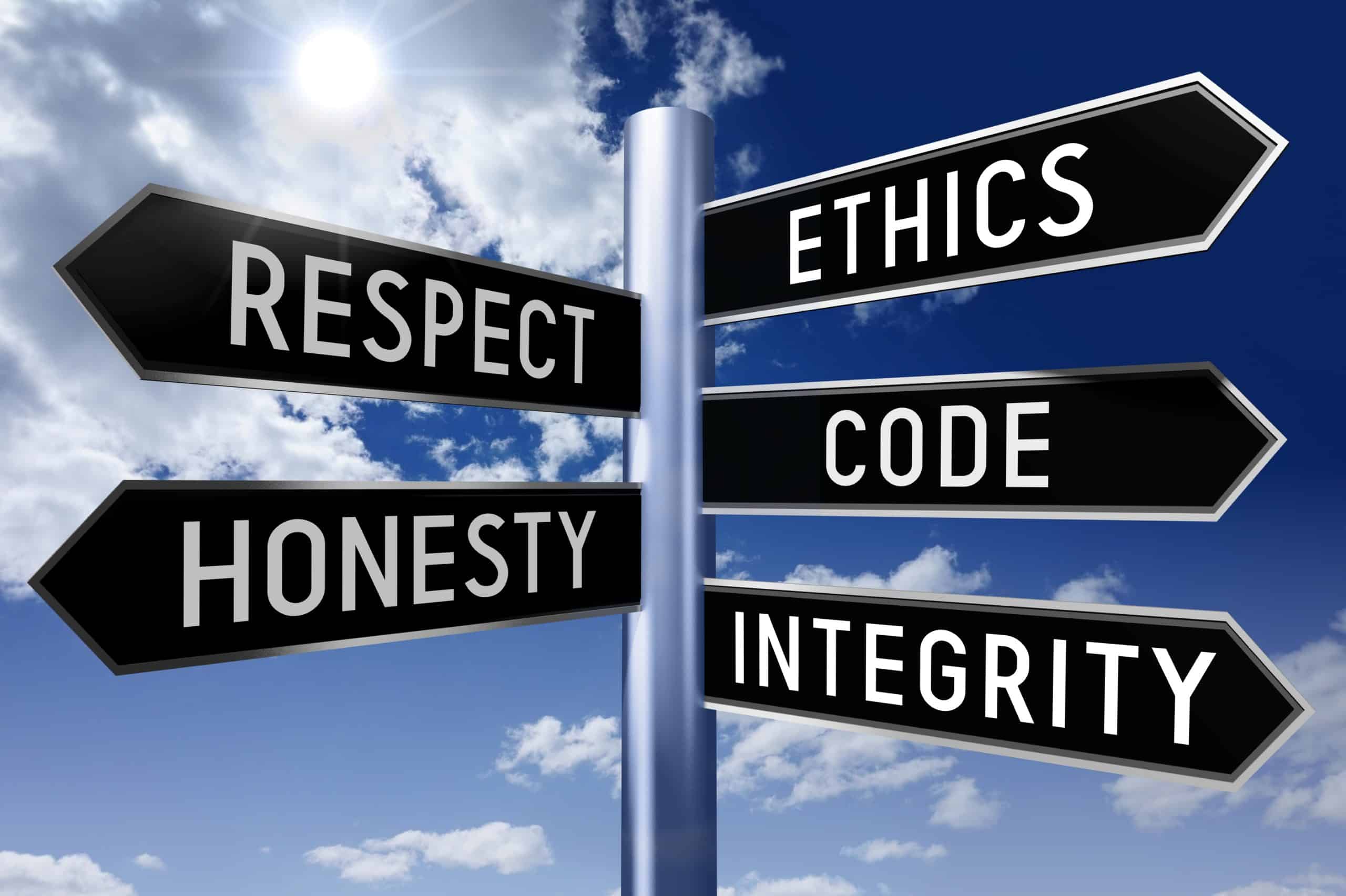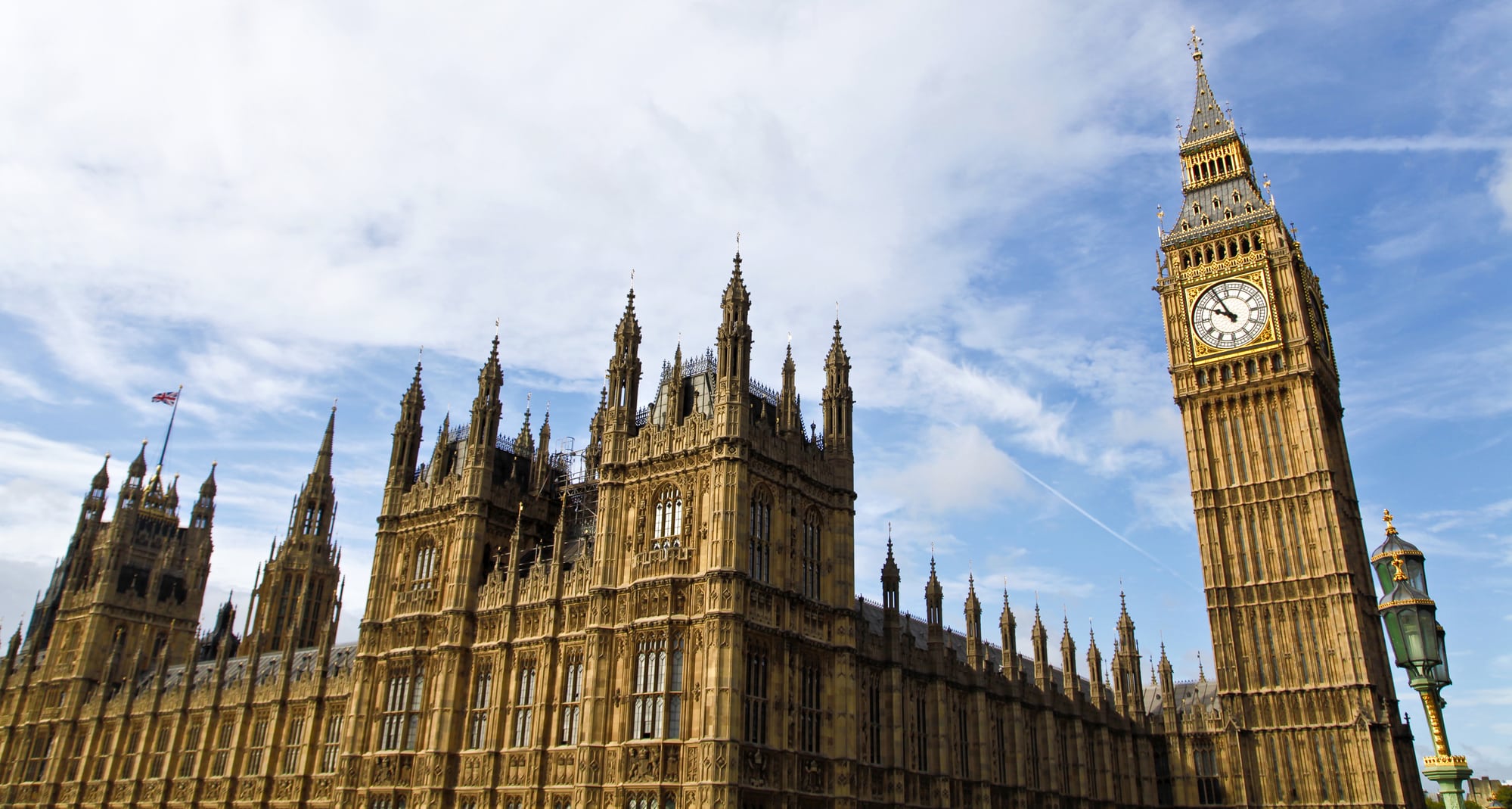Harassment and bullying
Bullying and harassment can harm employee wellbeing, trust and workplace culture. If left unaddressed, they can also create legal, reputational and governance risks.
GoodCorporation supports organisations in preventing, identifying and responding to these issues. We review policies, assess reporting mechanisms and help strengthen workplace culture to reduce the risk of misconduct.
Where complaints arise, we can act as independent investigators, conducting confidential fact-finding and interviews. Our approach ensures concerns are handled fairly and consistently, supporting a safe and respectful workplace.

Harassment and bullying investigations
GoodCorporation provides independent investigations support to HR teams dealing with complex employee relations issues, including allegations of bullying, harassment or other workplace misconduct.
We also recognise the sensitive nature of these investigations and are committed to conducting them with care and respect for all involved. Guided by our investigation principles, we take a protective approach that upholds the dignity of every participant and ensures protection from retaliation.
Our approach ensures impartiality, fairness and confidentiality, helping organisations manage concerns effectively and maintain trust in their processes.
Fact-finding and evidence gathering: Document review, interviews, and data analysis carried out with a culturally sensitive and trauma-informed approach.
Root cause and systemic assessment: Identifying underlying drivers of misconduct and highlighting cultural or procedural weaknesses.
Recommendations and remedial actions: Supporting policy improvements, training, and organisational change to prevent recurrence.
Support for HR and legal teams: Ensuring processes align with best practice, governance frameworks and legal requirements, while maintaining impartiality and confidentiality.

Combating harassment and bullying
GoodCorporation has worked with leading organisations to help test and strengthen their procedures to combat bullying and harassment. We use our tailor-made framework to help businesses embed responsible management practices that create a positive workplace culture.
Organisations are expected to identify, prevent and address these issues. Well-communicated policies should be adopted, making expectations of behaviour clear. Companies should also operate an open-door culture with an effective reporting system to enable concerns to be raised freely and with confidence.
Legislation in the UK is also moving towards placing a more proactive duty on employers to prevent sexual harassment in the workplace. This reflects a broader shift from reactive measures to greater accountability in promoting safe and respectful working environments.
As companies respond to the requirements of the current UK Corporate Governance Code, ensuring that a strong and healthy culture is in place will become increasingly important. Taking the right steps towards building a workplace that is free from bullying and harassment will be an essential part of that process.



Policy development, advisory and compliance support
In addition to investigations, GoodCorporation helps organisations:
- Review and draft harassment and conduct policies aligned with legal requirements and best practice
- Design and implement codes of conduct with clear behavioural expectations
- Strengthen grievance procedures and reporting channels
- Enhance whistleblowing or speak-up systems for confidential reporting
- Conduct culture audits and compliance checks
- Provide training and awareness sessions or develop e-learning modules for managers, HR teams and employees
These services feed into ESG, governance and risk management strategies, reinforcing accountability and responsible culture.
work with usCreating a culture of respect, accountability and safety
A harassment-free workplace is not only about policies and investigations — it’s about embedding respectful behaviour, trust and accountability into organisational culture. GoodCorporation’s approach emphasises:

Leadership commitment
and tone from the top

Psychological safety, enabling
employees to speak up without fear

Bystander awareness and
training

Ongoing monitoring and
policy audits

Recognition of remote and
hybrid work harassment risks

Linking misconduct risk to
ESG and governance reporting
Related news and insights
Frequently asked questions
Preventing bullying and harassment requires a proactive approach and a commitment to taking all reasonable steps to protect employees. Organisations should have clear, well-communicated policies that set out expected standards of behaviour, supported by regular training and awareness initiatives.
Safe and trusted reporting channels are essential to ensure concerns can be raised confidently and addressed promptly. In addition, ongoing leadership and culture initiatives should reinforce accountability and engagement, helping to promote a respectful and inclusive workplace environment.
Workplace bullying involves repeated, unreasonable behaviour that undermines, intimidates or humiliates an individual. Harassment is unwanted conduct connected to a protected characteristic, such as age, disability, race, sex, sexual orientation, religion or belief, or gender reassignment. Both can negatively impact employee wellbeing, trust, and organisational culture, and if left unaddressed, may create legal, reputational and governance risks.
Bullying is broader and may not relate to protected characteristics, whereas harassment specifically targets those characteristics under the Equality Act 2010. Both behaviours require proactive management through clear policies, reporting systems, and a culture of accountability.
Investigations follow a structured, impartial process. This typically includes fact-finding, reviewing documentation, conducting interviews with complainants, respondents and witnesses, and assessing any systemic or cultural issues. Independent investigators, such as GoodCorporation, provide expertise and impartiality, ensuring concerns are handled fairly, confidentially, and consistently.
Concerns should be raised through your organisation’s grievance or whistleblowing procedures. HR teams, designated officers, or GoodCorporation can provide guidance on raising concerns safely and confidentially.






